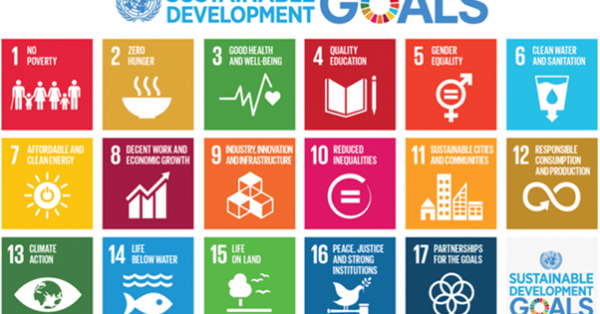-
NOUTĂȚI
- AFACERI LA ÎNCEPUT
- AFACERI ÎN CREȘTERE
- VIAȚĂ DE ANTREPRENOR
-
CURSURI & INSTRUMENTE
- GĂSEȘTE ALIAȚI
The saying, “business as usual” now holds a new meaning. It is no longer sufficient in the eyes of consumers, employees, and other stakeholders to only meet traditional standards of business success. For that reason, in this article you will learn about the importance of sustainability and the reasons why businesses and entrepreneurs should incorporate it into their business model. This is what you will learn in this course.
The saying, “business as usual” now holds a new meaning. It is no longer sufficient in the eyes of consumers, employees, and other stakeholders to only meet traditional standards of business success. For that reason, in this article you will learn about the importance of sustainability and the reasons why businesses and entrepreneurs should incorporate it into their business model.
Sustainable development is the concept that human societies must live and meet their needs without compromising the ability of future generations to meet their own needs. The formal definition of sustainable development was developed for the first time for the Brundtland Report commissioned by the United Nations in 1987.
In 2015, the United Nations (UN) approved the 2030 Agenda for Sustainable Development. The Agenda has 17 Sustainable Development Goals (SDGs), ranging from education or women's equality, to climate change or the design of more sustainable cities.
“We must transform every element of our take-make-waste system: how we manage resources, how we make and use products, and what we do with the materials afterwards. Only then can we create a thriving circular economy that can benefit everyone within the limits of our planet.” - Ellen Macarthur Foundation
The circular economy is a production and consumption model that involves sharing, renting, reusing, repairing, renewing and recycling existing materials and products as many times as possible to create added value. In this way, the life cycle of products is extended.






